RadioNuclear 22: HBO’s Chernobyl: A Setback or Opportunity?
Episode 22 of RadioNuclear is now available. In this episode, we discuss the recent miniseries "Chernobyl", which recently concluded on HBO. We debunk some of the more egregious articles written in the wake of the show (see links to these articles below). We also discuss good ways to engage with individuals who are captivated with the show, and not necessarily familiar with nuclear technology.


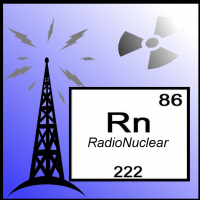 Welcome to the New Year! Even though I am on the road, there is just so much happening lately in nuclear I could not pass up the opportunity to talk about it!
Welcome to the New Year! Even though I am on the road, there is just so much happening lately in nuclear I could not pass up the opportunity to talk about it! 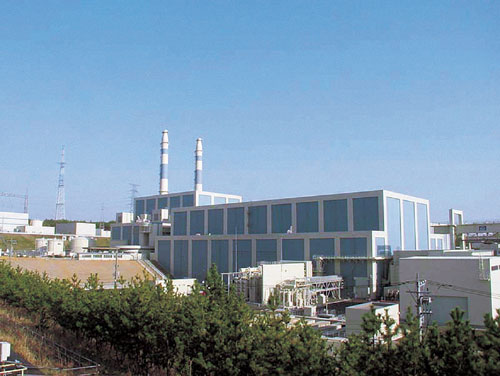
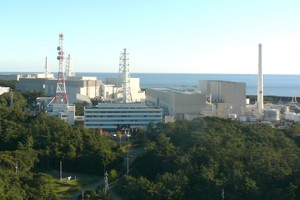
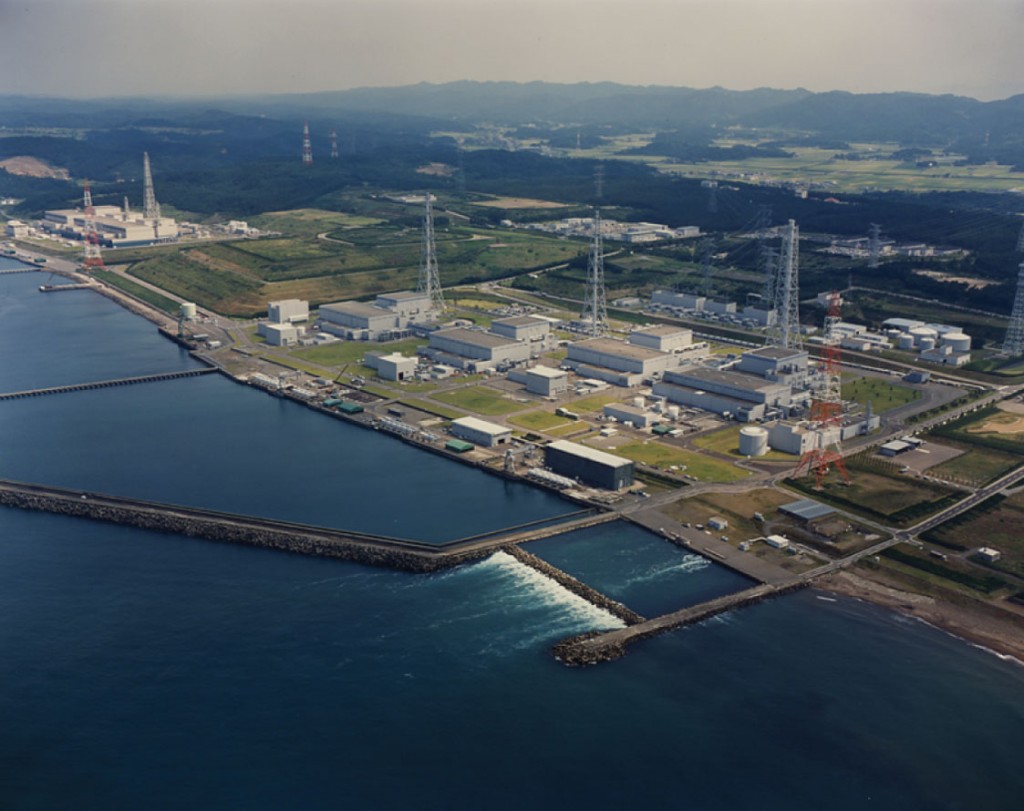

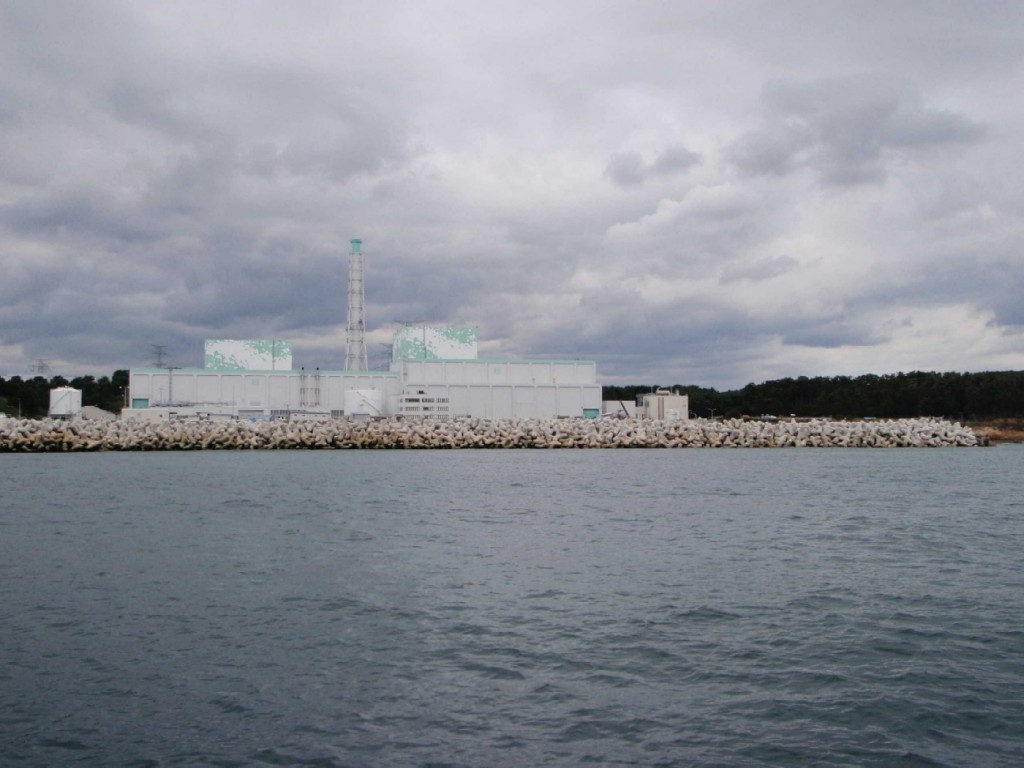
 ANS Nuclear Cafe is proud to host the 170th edition of the Carnival of Nuclear Energy - a rotating feature that showcases the best pro-nuclear blogs and authors each week in a single, easy to access compilation. Contributions are volunteered by the authors, with the exception of "Captain's Choice" picks that the Carnival host makes from time to time. With that, let's get to this week's posts!
ANS Nuclear Cafe is proud to host the 170th edition of the Carnival of Nuclear Energy - a rotating feature that showcases the best pro-nuclear blogs and authors each week in a single, easy to access compilation. Contributions are volunteered by the authors, with the exception of "Captain's Choice" picks that the Carnival host makes from time to time. With that, let's get to this week's posts!